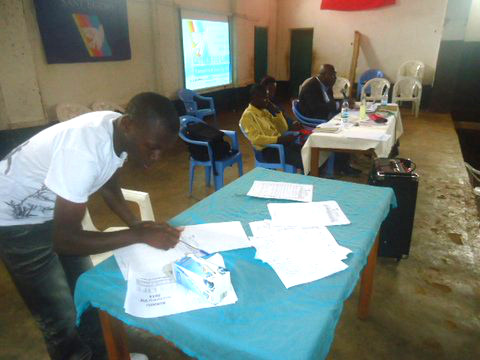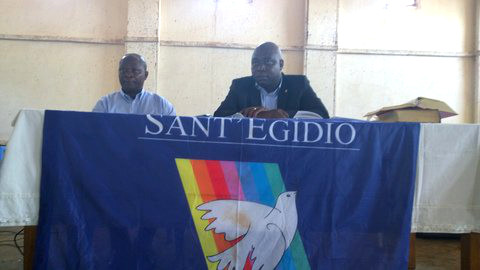On Saturday, November 22, the Community of Sant’Egidio gathered several village chiefs from three Malawian districts, in the country’s city of Balaka, for a meeting entitled “No to death penalty - no justice without life”. The meeting was intended to raise awareness among Malawian local authorities and civil society on the need to oppose the death penalty.
Malawi’s legal system provides for judicial authorized killing as punishment for certain crimes, even though there has been a de facto moratorium on executions for many years. Malawian village heads, who have repeatedly argued about the importance of keeping in force the death penalty, are held however, in high regard in the country’s rural areas, for in addition to having a certain degree of legislative power within their respective villages, they also enjoy representation in Parliament.
This meeting, which brought together several members of the local Community of Sant’Egidio and around 30 village heads from the districts of Balaka, Liwonde and Mangochi, took place in an atmosphere of open dialogue. The debate began with a report by Mark Tengani, head of Sant’Egidio in Balaka, wherein he illustrated the Community’s commitment in recent years, particularly through its movement “Cities for Life”, to the abolition of Malawi’s capital punishment. While initial arguments in support of lawful executions were proposed by various Traditional Authorities, the legal and moral discussions in favor of abolition ultimately persuaded all participants on the need to seek the legislative withdrawal of the death penalty in the Republic.





